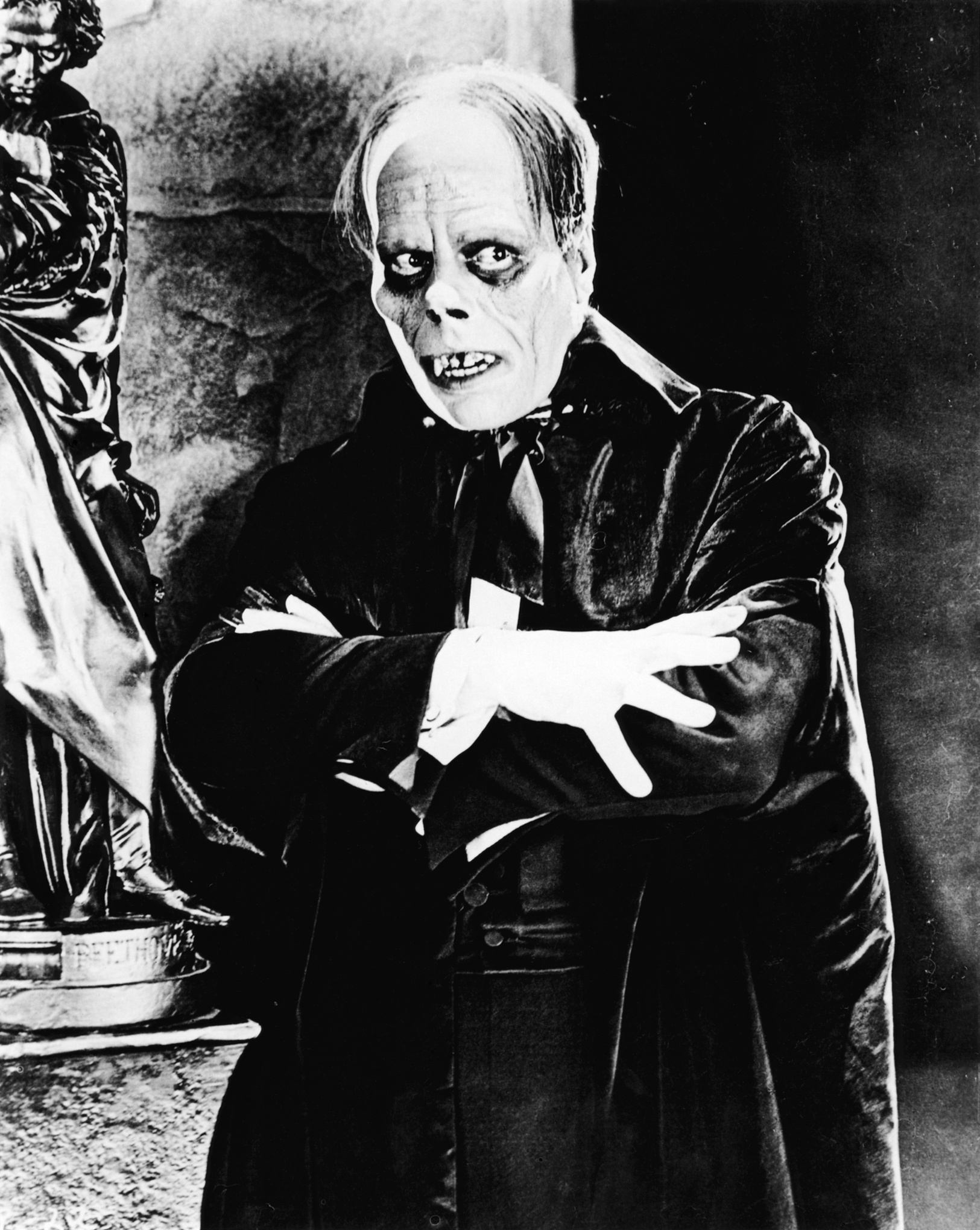|
Chéri-Bibi And Cécily
''Chéri-Bibi and Cécily'' (French: ''Chéri-Bibi et Cécily'') is a 1916 adventure thriller novel by the French writer Gaston Leroux. A serial novel, it was the second of four works featuring the character of Chéri-Bibi. Synopsis Having previously been wrongly convicted and sent to a penal colony and escaped, Chéri-Bibi and his fellow escapees are now in control of a ship and considering a career in piracy. A chance encounter with the Marquis du Touchais, the unworthy husband of Cécily the woman he loves, alters his plans. He takes the place of the Marquis and returns to France to enjoy a new life there and seek revenge on the man responsible for his troubles. Film adaptations It was the inspiration for the 1931 American film '' The Phantom of Paris'', directed by John S. Robertson and starring John Gilbert as Chéri-Bibi, and the 1955 French-Italian film '' Chéri-Bibi'', directed by Marcello Pagliero Marcello Pagliero (15 January 1907 – 18 October 1980) was an Ita ... [...More Info...] [...Related Items...] OR: [Wikipedia] [Google] [Baidu] |
Gaston Leroux
Gaston Louis Alfred Leroux (; 6 May 186815 April 1927) was a French journalist and author of detective fiction. In the English-speaking world, he is best known for writing the novel ''The Phantom of the Opera'' (, 1909), which has been made into several film and stage productions of the same name, notably the 1925 film starring Lon Chaney and Andrew Lloyd Webber's 1986 musical. His 1907 novel '' The Mystery of the Yellow Room'' is one of the most celebrated locked room mysteries. Life and career Leroux was born in Paris in 1868, the illegitimate child of Marie Bidaut and Dominique Leroux, who married a month after his birth. He claimed an illustrious pedigree, including descent from William II of England (in French, Guillaume le Roux), son of William the Conqueror, and social connections such as having been the official playmate of Prince Philippe, Count of Paris at the College d'Eu in Normandy. After schooling in Normandy and studying as a lawyer in Caen (graduating in ... [...More Info...] [...Related Items...] OR: [Wikipedia] [Google] [Baidu] |
John Gilbert (actor)
John Gilbert (born John Cecil Pringle; July 10, 1897 – January 9, 1936) was an American actor, screenwriter and director. He rose to fame during the silent era and became a popular leading man known as "The Great Lover". His breakthrough came in 1925 with his starring roles in ''The Merry Widow'' and '' The Big Parade''. At the height of his career, Gilbert rivaled Rudolph Valentino as a box office draw. Gilbert's career declined precipitously when silent pictures gave way to talkies. Though Gilbert was often cited as one of the high-profile examples of an actor who was unsuccessful in making the transition to sound films, his decline as a star had far more to do with studio politics and money than with the sound of his screen voice, which was rich and distinctive. Early life and stage work Born John Cecil Pringle in Logan, Utah, to stock-company actor parents, John George Pringle (1865–1929) and Ida Adair Apperly Gilbert (1877–1913), he struggled through a childhood of ... [...More Info...] [...Related Items...] OR: [Wikipedia] [Google] [Baidu] |
Novels By Gaston Leroux
A novel is an extended work of narrative fiction usually written in prose and published as a book. The word derives from the for 'new', 'news', or 'short story (of something new)', itself from the , a singular noun use of the neuter plural of ''novellus'', diminutive of ''novus'', meaning 'new'. According to Margaret Doody, the novel has "a continuous and comprehensive history of about two thousand years", with its origins in the Ancient Greek and Roman novel, Medieval Chivalric romance, and the tradition of the Italian Renaissance novella.Margaret Anne Doody''The True Story of the Novel'' New Brunswick, NJ: Rutgers University Press, 1996, rept. 1997, p. 1. Retrieved 25 April 2014. The ancient romance form was revived by Romanticism, in the historical romances of Walter Scott and the Gothic novel. Some novelists, including Nathaniel Hawthorne, Herman Melville, Ann Radcliffe, and John Cowper Powys, preferred the term ''romance''. Such romances should not be confused with the ... [...More Info...] [...Related Items...] OR: [Wikipedia] [Google] [Baidu] |


